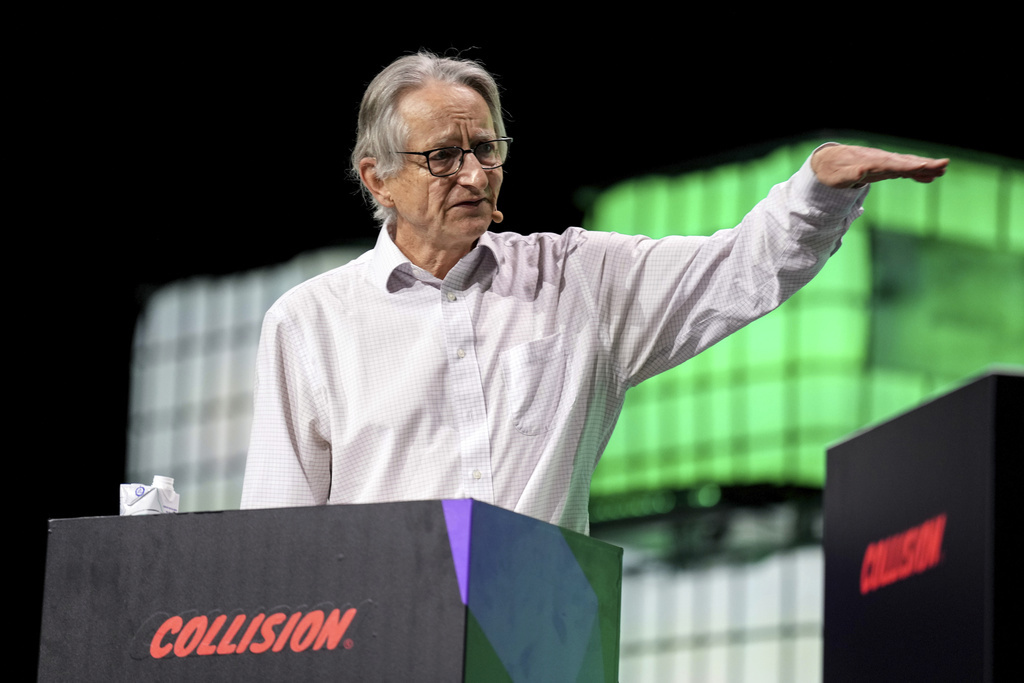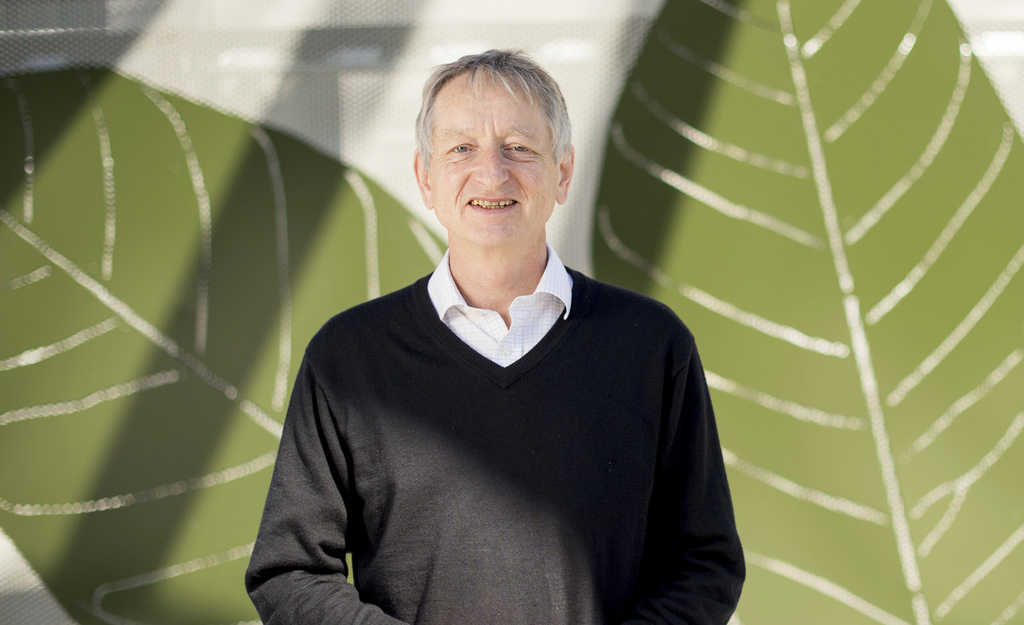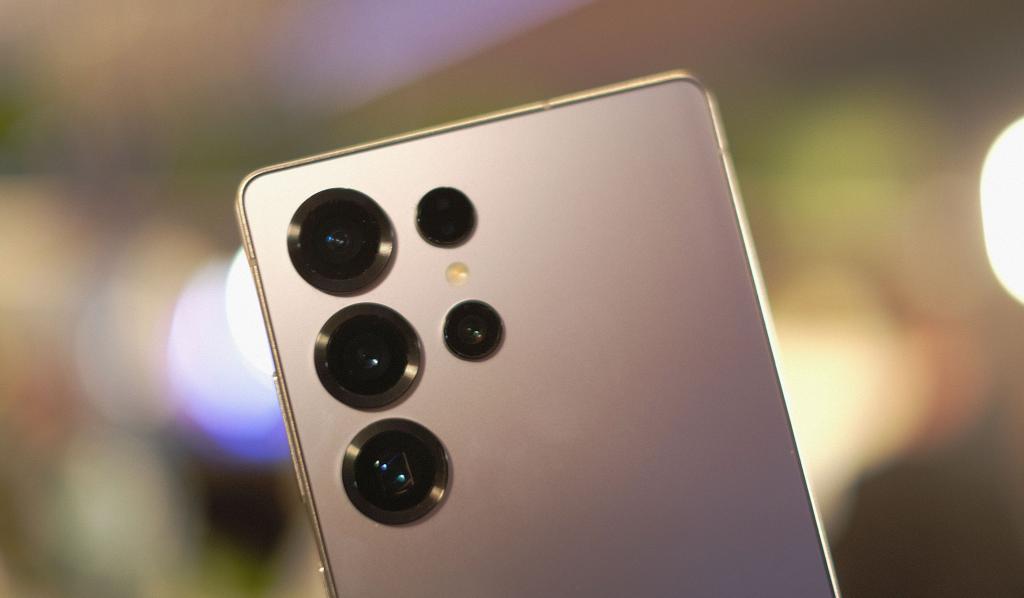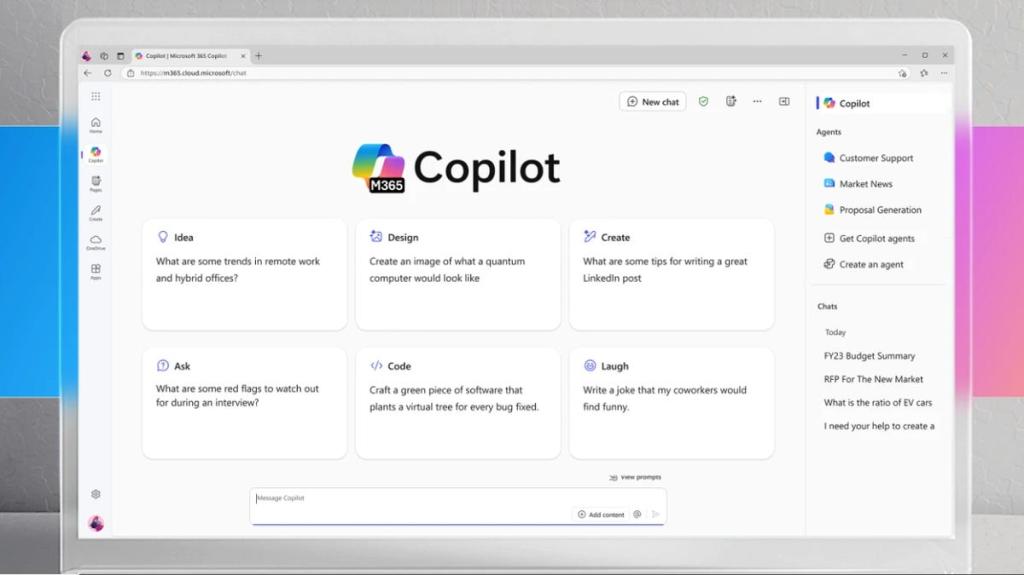Nobel Prize Celebrates Breakthroughs in AI and Machine Learning
Explore how Nobel laureates John Hopfield and Geoffrey Hinton transformed AI through their pioneering work in machine learning and neural networks.

Key Points
- John Hopfield
and
Geoffrey Hintonreceived the
Nobel Prize in Physicsfor their foundational work in machine learning and artificial neural networks.
- Their innovations have significantly impacted various sectors, including healthcare, image recognition, and language translation.
- As AI technologies evolve, ethical considerations and responsible usage become crucial for ensuring benefits while mitigating risks.
The field of artificial intelligence (AI) has experienced revolutionary advancements in recent years, and the recent awarding of the Nobel Prize in Physics to John Hopfield and Geoffrey Hinton highlights this transformative shift. Recognized for their foundational work in machine learning and artificial neural networks, these two scientists have not only impacted theoretical physics but have also redefined how we approach technology in our daily lives. Their contributions have paved the way for innovations that promise to enhance industries ranging from healthcare to transportation.
The Significance of Their Work
Hopfield and Hinton's journey into the realm of AI began in the 1980s, when they utilized concepts from physics to develop methods that have become key components of contemporary machine learning. Artificial neural networks, inspired by the biological brain's architecture, allow machines to learn from data inputs, recognize patterns, and make decisions. This capability has led to significant advancements in numerous sectors, including image recognition, language translation, and even predictive analytics in medical diagnostics.
To put their achievements into context, Hopfield's creation of associative memory networks allows computers to retrieve stored data efficiently, mirroring the human process of remembering. Hinton further advanced this concept with the development of the Boltzmann machine, which uses probabilistic approaches to classify and generate data. Both inventions are now essential in shaping how AI processes information, allowing machines to tackle problems previously deemed too complex for traditional algorithms.

The Broader Implications of AI
The significance of Hopfield and Hinton's achievements goes beyond mere academic recognition; they signal a pivotal moment in the history of technology. Hinton has drawn parallels between the rise of AI and the
, suggesting that while the latter redefined human labor and production, AI could reshape intellectual work. “It will have a huge influence, comparable with the industrial revolution”, Hinton stated, emphasizing the importance of adapting to this new landscape.
Yet, this new era also raises ethical questions and concerns regarding the governance of AI technologies. With capabilities growing rapidly, we must consider the potential for misuse in areas like surveillance, misinformation, and autonomous weaponry. Ellen Moons, chair of the Nobel committee, reiterated, “Collectively, humans carry the responsibility for using this new technology in a safe and ethical way for the greatest benefits of humankind”. This notion underscores the importance of fostering a balanced approach where ambition is matched with responsibility.

A Vision for the Future
As we move forward, the influence of AI will only continue to grow. The techniques developed by Hopfield and Hinton are foundational to today’s machine learning systems, which excel in processing vast amounts of data, often surpassing human capacity for recognition and classification. These advancements not only enhance efficiency across various industries but also foster new opportunities for innovation.
Looking to the future, it is essential for researchers, policymakers, and society at large to engage in discussions about the ethical frameworks guiding AI development. By prioritizing safety and ethics in tandem with technological advancement, we can harness the benefits of AI to address some of today's most pressing challenges, from climate change to global health crises.
The recognition of Hopfield and Hinton with the Nobel Prize signifies a turning point in the relationship between physics, technology, and society. By embracing the promise of artificial intelligence while remaining vigilant about its potential risks, we can forge a path towards a future that prioritizes innovation and responsibility.


